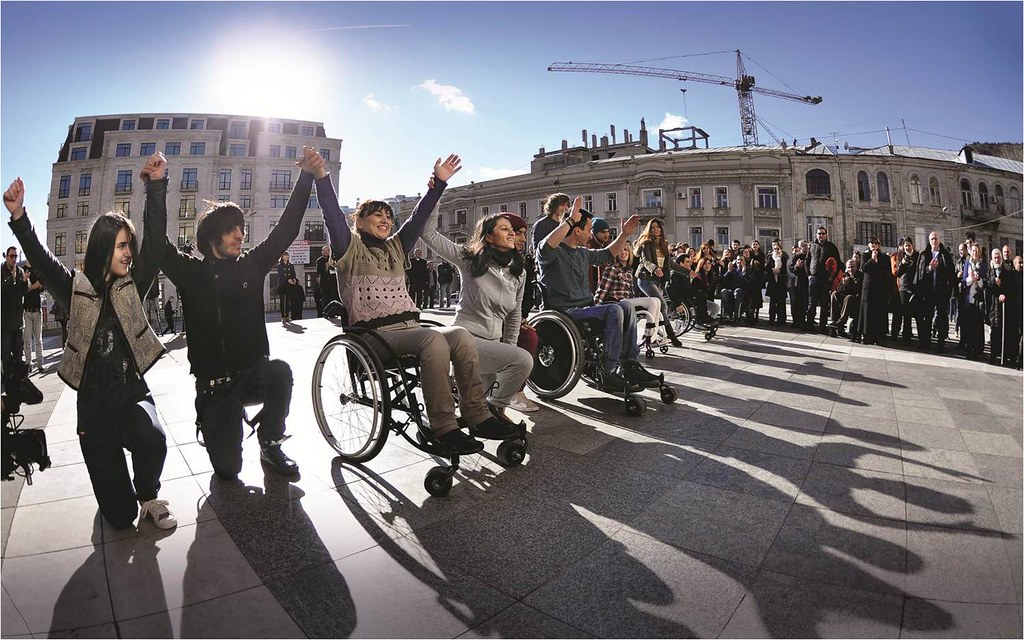It develops an understanding of how advocacy combines with the human rights framework and observes the skills required for disability advocacy practice. Such as acting, speaking, or writing to promote, defend, and protect the human rights of people with disabilities.
Disability means loss of physical, sensory, or mental functions that may affect undertakings or engage in community life. This may be due to accidents, genetics, trauma, or disease. A disability can be short-lived or permanent, lifetime or acquired, visible or invisible, total or partial.
Disability advocates can advocate for themselves, for someone else, or a group of people with disabilities. They work on problems that harm the rights of an individual or group or on the basis of society. Advocates may be paid or voluntarily.
The types of disability advocacy generally are as follows:
Self-advocacy– Self-advocacy plays an essential role in helping people with disabilities develop skills that ensure respect and recognition for their rights and interests.
Self-advocacy for people with disabilities is about:
- Speaking on your behalf
- Understanding Rights
- Making real choices
- Learn new skills.
Individual advocacy– To prevent or address cases of inappropriate behavior or abuse, a one-on-one strategy is created by a trained attorney, relative, friend, or volunteer.
Group advocacy – This includes advocating for groups of people with disabilities, such as an accumulation of people living in shared housing.
Citizen advocacy – Where community members advocate for a disabled person, such as an intellectual disability, backed up by a long-standing civic association.
Systemic advocacy – Ensuring collective rights involves working for long-term social change in which the interests of people with disabilities are served through legislation, policies, and practices.
Legal advocacy – Where a lawyer gives a legal representation in the justice system makes a positive change in the law or presents legal advice to people with disabilities about discrimination and human rights.
Do you know why we need disability advocacy?
During history, somebody with disabilities has been subject to distancing or injustice, ignorance, and prejudice. Over the past century, the endowment of disability advocacy has radically shifted the thinking of recognizing the rights of all disabled people to live in society, equal choices over others.
Here are some essential factors why we need it. Disability advocacy aims to encourage equal opportunities for people with disabilities to engage in all walks of life:
- Safety
- Employment
- Education
- Health
- Income



